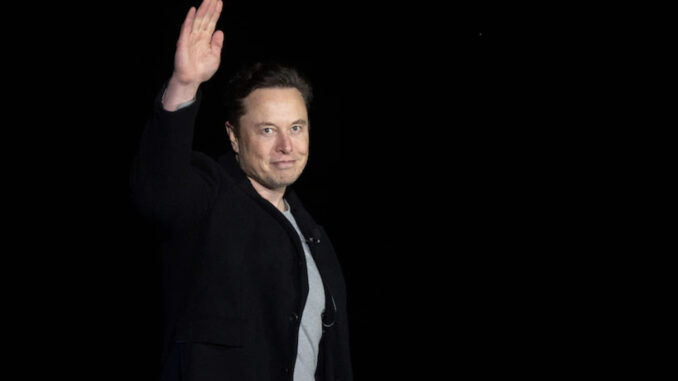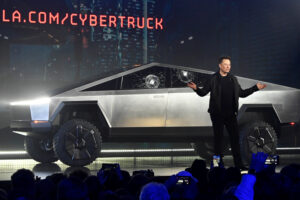
Like many before him, Elon Musk came to California to make his name and fortune.
He hit Silicon Valley during the 1990s and the first internet boom, and began building his fortune with startups like the information network Zip2 and the payments site Paypal.
Then it was on to new frontiers — space and electric cars. His Tesla electric cars benefited from California’s consumer subsidies, while SpaceX thrived in the growing space technology hub in Southern California.
No problem seemed beyond Musk’s belief that technology could overcome it. Frustrated by the long commute from his Bel Air home to SpaceX headquarters in Hawthorne, the entrepreneur proposed building an underground tunnel that would whisk commuters on underground electric platforms that would reach speeds of up to 130 mph. (The Boring Company dropped that plan in 2018, though tunnel construction in other American cities continued.)
But in recent years, Musk’s California dreaming has been clouded with his dark view of a state that he accuses of “overregulation, overlitigation, overtaxation.”
“The final straw,” the billionaire said, came in the form of a law that prohibits school districts from requiring teachers to notify families about their children’s gender identity changes.

Emphasizing his disdain, Musk announced this month that he planned to move the headquarters of two of his companies — SpaceX and the social media hub previously known as Twitter — from California to Texas.
But critics say they saw inconsistency in Musk’s pronouncement — contending that the billionaire was finding fault with the state after years of benefiting from its blessings, including abundant government support, green mindset and highly-educated workforce.
“California, through tax credits, [electric vehicle] subsidies and training grants make Elon successful,” Lorena Gonzalez Fletcher, executive secretary-treasurer of the California Labor Federation, said via text. That amounts to “hundreds of millions in taxpayer dollars, for him to continuously spit in the face of California’s workers & taxpayers”
Edward Niedermeyer, author of “Ludicrous: The Unvarnished Story of Tesla Motors,” said Musk was happy to benefit from California’s largess when it suited him and to move on when he saw fit.
“I think Musk has made the calculation that he’s gotten all the benefits he’s likely to get out of the state and he’s moving on to the next one,” Niedermeyer said. “The state of California clearly thought that all its work bought loyalty [from Musk] but, instead, I think it bought a sense of entitlement.”
Musk revealed his plans for the two companies on his social media platform, X, a day after Gov. Gavin Newsom signed a law meant to protect transgender student rights — a policy that some parents argue diminishes the authority of families.
Musk said that in approving the law and others before it, California was “attacking both families and companies,” spurring him to move the headquarters of SpaceX to the company’s launch test site in Texas.
“I did make it clear to Governor Newsom about a year ago that laws of this nature would force families and companies to leave California to protect their children,” he said in a subsequent message on X.
